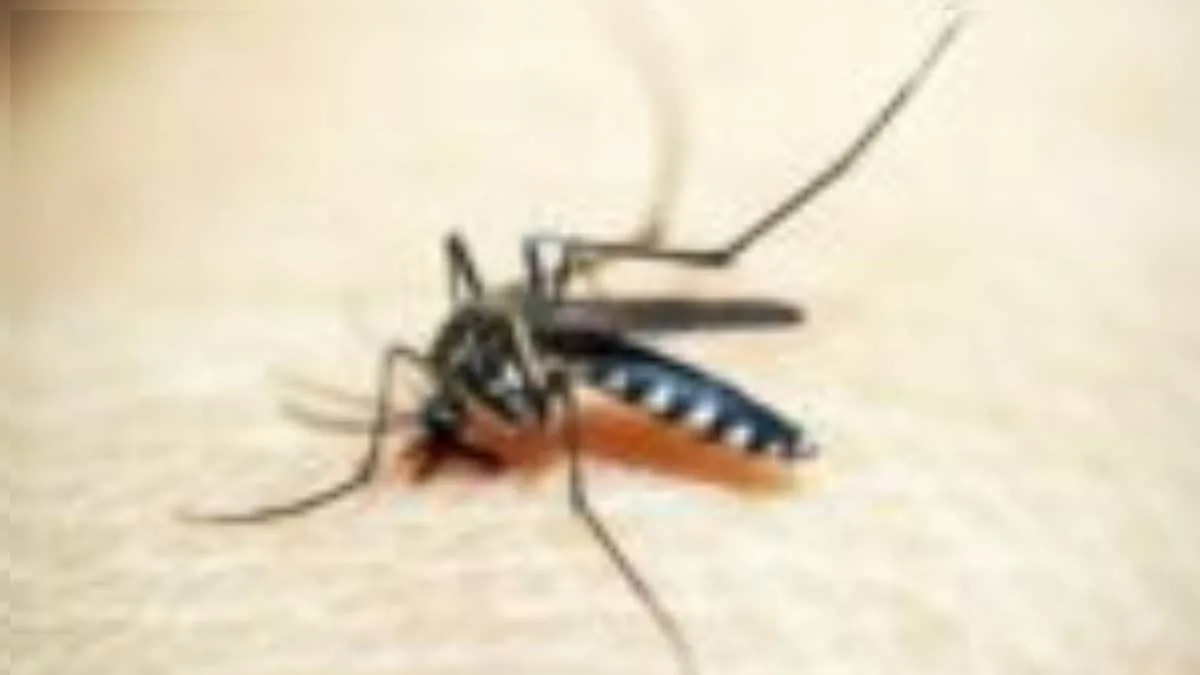Hyderabad: Observed annually on April 25th, World Malaria Day serves as a potent reminder of the pervasive threat this mosquito-borne illness poses to global health.
Beyond the immediate fevers and chills, malaria can trigger severe complications, particularly for vulnerable populations.
Understanding its far-reaching health impacts and embracing proven preventive strategies are therefore more critical than ever in our collective efforts to combat this preventable disease.
World Malaria Day
World Malaria Day is an initiative organised by the World Health Organisation (WHO) to raise awareness about malaria and promote actions to control, prevent, and ultimately eliminate the disease.
The theme of this year’s Malaria Day is “Malaria ends with us: Reinvest, Reimagine, Reignite”, aiming to re-energise efforts at all levels, from global policy to community action, to accelerate progress towards malaria elimination.
What is Malaria
Malaria is a vector-borne disease caused by parasites transmitted through the bites of infected female Anopheles mosquitoes. It continues to affect millions of people, especially in tropical and subtropical regions.
This day highlights the progress made in combating malaria, honours those who have lost their lives, and mobilises resources, innovation, and public participation to reduce the disease’s burden.
Alongside treatment, preventive tips are crucial in protecting individuals and communities from this life-threatening illness.
In this context, doctors in Hyderabad shared their expertise on the disease and its prevention.
Symptoms of malaria
Speaking of the symptoms of the disease, Dr Mohammed Viaquasuddin, an Internal Medicine consultant from Olive Hospital, Hyderabad, said, “The complicated malaria is very dangerous; patients could fall severely sick. It is caused due to a parasite called falciparum.”
“The patient experiences severe weakness, chills and depending on the type of parasite, there may high high-grade fever. A person may show the symptoms 24-36 hours after being affected,” the consultant told Siasat.com.
He further explained that jaundice is also a symptom of Malaria, adding that if a person experiences chills, fever and jaundice, then they must be checked for Malaria. “Malaria is easily treatable and must not be ignored. In some cases, it may become severe if it is caused by falciparum,” the doctor explained.
Obesity major cause of Obstructive Sleep Apnea: Hyderabad doctors
Speaking of treatment, the doctor said, “In case there are symptoms of Malaria, it has to be treated immediately. The Rapid antigen test is a common method to detect the disease.”
In case of uncomplicated malaria, a 3-day treatment via tablets can help in recovery. However, in case of severe malaria, IV treatment is needed. Addressing the risks of delaying the treatment, the consultant said, “In case of severe Malaria, the patient may go into coma, experience low sugar level along with kidney and lung failure.”
Some patients are at risk of developing chronic Malaria since the parasite is not completely eliminated from the body. It hides inside the spleen or the liver, causing recurring fever and other complications.
Treatment, prevention of Malaria
Speaking of the treatment of Malaria, Dr Sri Karan Uddesh Tanugula, a consultant General Physician from Yashoda Hospital, said, “Trials are ongoing for a few vaccines, and there is a mosquito repellent, which is recommended for children in high-risk regions in Africa.”
“The vaccine is currently under trial and has shown 40 per cent efficacy. There is another vaccine known as Matrix M, which showed promising results last year. Regarding treatment, there is a trial undertaken for monoclonal antibodies. Currently, only rapid antigen tests are being conducted for the diagnosis and treatment of Malaria in Southeast Asia and Africa,” he added.
Listing preventive measures against Malaria, the doctor said, “Malaria is a vector-borne disease commonly occurring during the rainy season.”
“For prevention, one must cover windows with nets, especially in high-risk regions, use mosquito repellents, and, in case someone travels to an endemic region, they must take chemoprophylaxis,” he further said.
Chemoprophylaxis refers to the administration of a medication to prevent disease or infection.
Addressing the efficacy of anti-malarial medication, the doctor said, “As per the World Health Organisation, nets reduce the chances of malaria by 50 per cent. Repellants are effective when constantly reapplied every 4-6 hours.”







